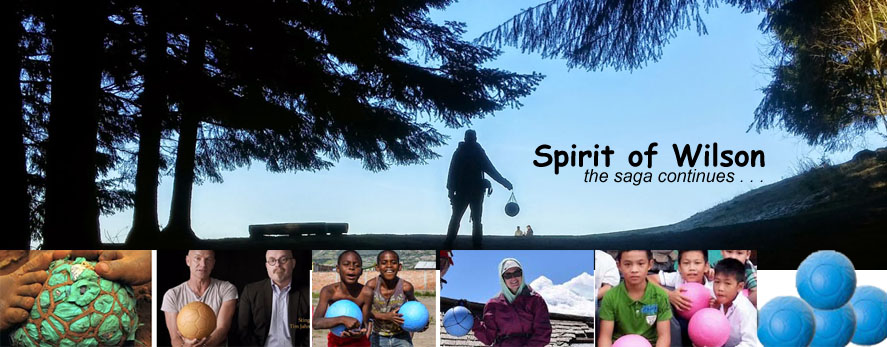Anyway the wi-fi will probably come back on sometime today, and at least I have internet connection (although it quit for a while last night.) Yesterday the tap water also slowed down due to some problem with the pipe from the humongous water tank in the yard, which will be fixed sometime today. Wi-fi and Internet can be spotty, sometimes due to power outages. But it isn't obvious to me that power is the reason, because Maggie has a generator that automatically kicks in when the electrical grid hiccoughs.
Malawi demands resourcefulness
 |
Malawi's flag |
Maggie's version of resourcefulness includes realizing that the SIM card I paid K2000 for (2,000 Kwachas) didn't fit the holder in my G6 Android so she carefully and confidently whittled it down with a scissors until it did.
Incidentally, this process got me to finally find out what SIM means. It's "subscriber identification module." if you want to know more, click on the boldface. It's a link to a Wikipedia explanation.
Enormous lake on its border
Malawi is a landlocked nation of 17 million in southeast Africa. It is bordered on the east by Lake Malawi, which comprises one-fifth of the country's territory. It is the world's ninth largest lake and has an abundance of fish. It also has little critters that can get into your body and make you really uncomfortable, so this will be a non-snorkeling trip for me.(I should acknowledge that much of this information that doesn't come from direct observation is pulled from the Internet, so it has to be true, right?)
Kwacha, kwacha, kwaca!
 |
K2000 = $2.71 U.S. |
By the way, I kind of like the sound of the word, Kwacha. It's kind of what I might say while tickling a baby. For instance: "Kwacha, kwacha, KWACHA! . . Kwacha, kwacha!
17 languages
There are 17 "living" languages in Malawi. English is spoken widely and the main native language is Chichewa. Two-thirds of the adult population are literate (73% men, 59% women).National government structured like ours
The country's constitution provides for three branches of government similar to ours, except that they haven't created and populated the Senate yet. Voter turnout has declined from a record 93 percent in 1999 to 54 percent in 2004, with only 14 percent voting in local elections.Death rate
Amazingly, Malawi's death rate fell gradually from 26 per 1,000 people in 1966 to 7.5 per 1,000 people in 2015. U.S.rate: 8.44 deaths per 1,000.Refugees
 |
The Dzaleka refugee camp. Click image to go to "There is Hope Malawi" Web site. |
The fortunate Chinese baby
If I can squeeze a visit to Dzaleka in, I also want to connect with a young Chinese woman I met on the plane from Addis Ababa to Lilongwe. Her name is Nicole.Nicole has the distinction of being the "lucky baby" in her family. Under the "one child" policy in China, she was supposed to be aborted. Instead, somehow she made it past that gauntlet and qualified as "undocumented." I think this disclosure occurred when I asked her what was taking he to Malawi. The answer -- she feels an obligation to give back, so she is volunteering at the Dzaleka refugee camp, with an organization called There is Hope Malawi. I myself have hope -- that I find her and that she shares her story -- it's the kind of story you don't hear every day.
 |
Doh! |





No comments:
Post a Comment